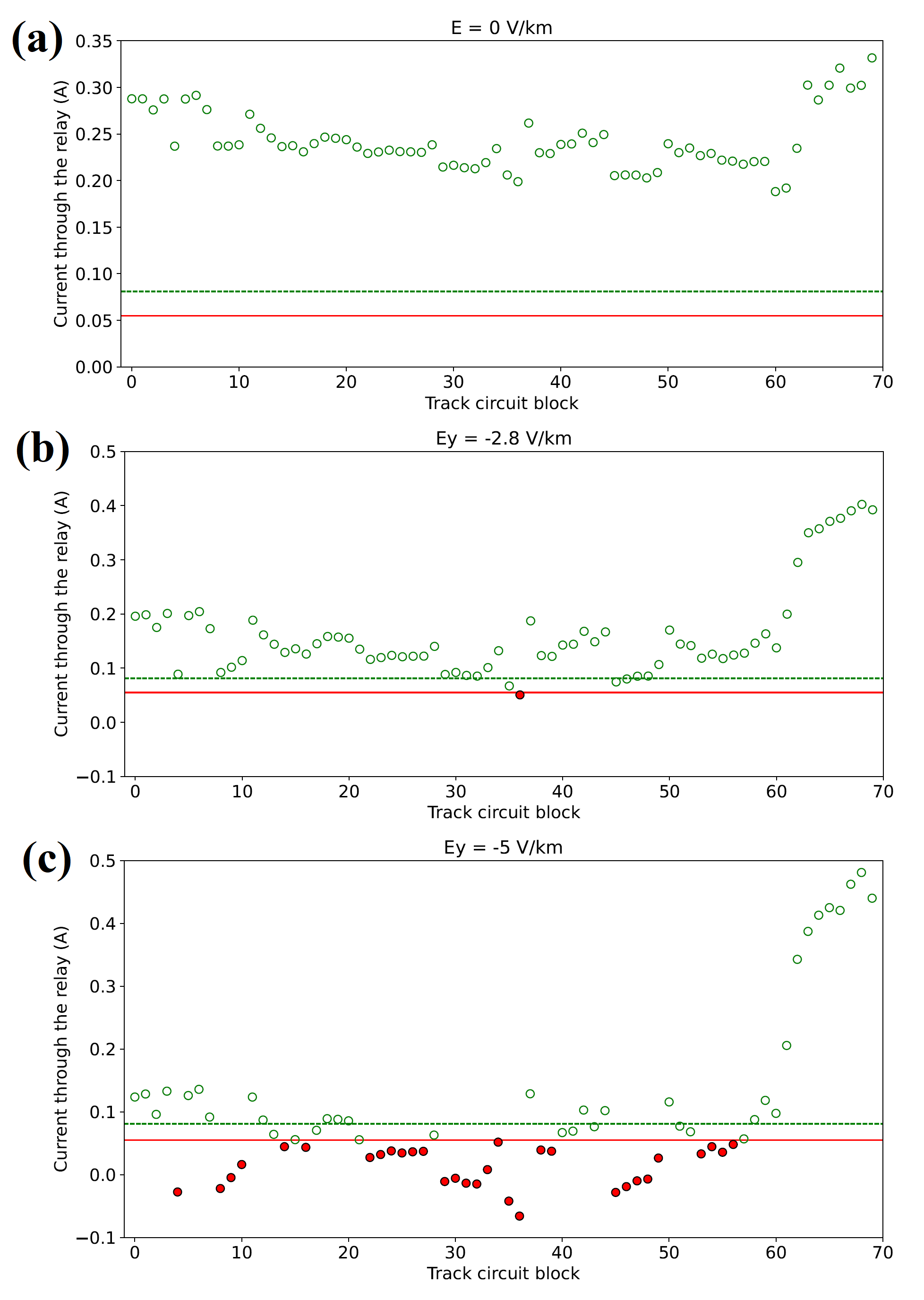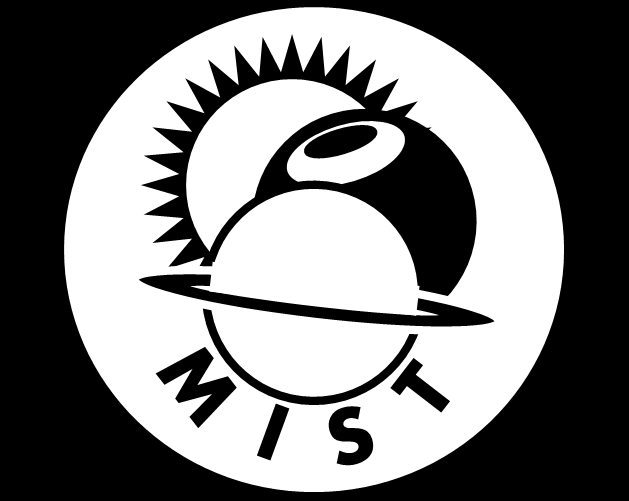MIST
Magnetosphere, Ionosphere and Solar-Terrestrial
Will Space Weather Delay Your Train? – Modelling the Impact of Geomagnetically Induced Currents on Electrified Railway Signaling Systems in the United Kingdom
By Cameron Patterson (Lancaster University)
Railway signalling is one of the many ground-based systems that are susceptible to the impacts of space weather. A popular signalling system is the track circuit, where a line is split into smaller sections called ‘blocks’, each containing a power supply and a relay that sets the signal based on the level of current. Currents induced in the rails during geomagnetic events disrupt this balance, and have the potential to cause signalling misoperations, which can create delays and/or possibly be hazardous. Using recent theoretical work and parameters from industry standards documents, we have developed realistic models of two railway lines in the United Kingdom to study the impacts that geomagnetically induced currents have on signalling systems. In this study, we have focused on right side failures, which is when there are no trains occupying the blocks and green signals are turned red. Our results show that the susceptibility of a track circuit to induced currents is dependent on its length, orientation and position along the line. We found that the threshold electric field strength for a misoperation to occur is approximately what would arise during a storm expected to occur once every 30 years. Finally, we showed that with a 1 in 100 year extreme electric field, there would be a significant number of misoperations across the line.

Please see the following paper for a more in depth look: Patterson, C. J., Wild, J. A., & Boteler, D. H. (2023). Modeling the impact of geomagnetically induced currents on electrified railway signaling systems in the United Kingdom. Space Weather, 21, e2022SW003385. https://doi.org/10.1029/2022SW003385.
